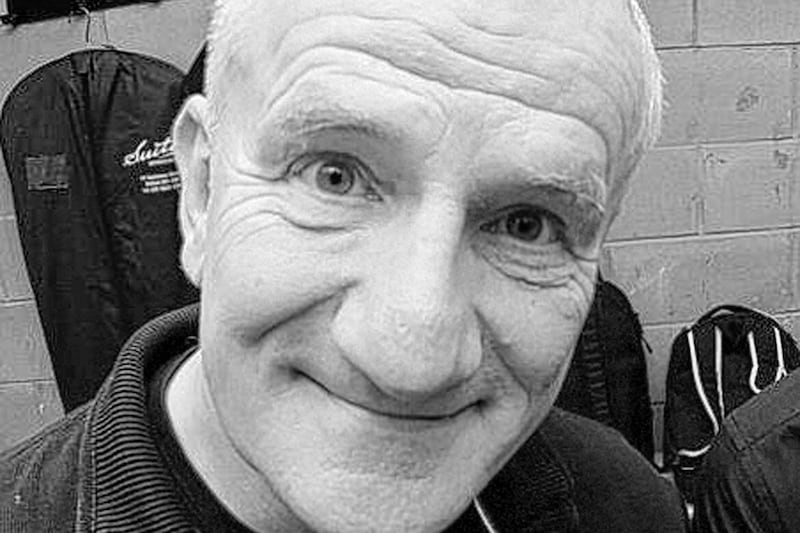I attended the 40th Mash Direct Belfast City Marathon last weekend in my role as ambassador for the Cancer Focus NI charity. It was a great day for all involved, with runners – both elite and amateur – raising tens of thousands for charities such as the one I was supporting.
I was interviewed at the finish line in Ormeau Park by Downtown Radio DJ Neal McClelland, who did a brilliant job keeping both competitors and spectators entertained on the day.
The finish line of a marathon is hallowed ground, where I witnessed elite runners finish the 26.2-mile course in amazing times. It was humbling to witness their dedication, with many on the point of exhaustion after their superhuman effort.
On the day the male winner was Co Down's Paul Pollock with a time of 2hrs 16min, and the first woman past the post was north Belfast's Gladys Ganiel, who had amazingly just recovered from a bout of Covid.
Assembly Election Results
While the elite runners rightly got most of the media attention, every runner who completed the course will rightly cherish their medal.
I knew this would be the only time I'd ever be at a marathon finishing line so jokingly took the picture above as if I'd just finished the run. I uploaded this on to my social media with the message: "A bit disappointed, I only managed a time of 2hr 21min, I'm usually around 2hrs."
I thought no more about it, presuming people would immediately recognise it as a wind up; I was wrong. Later that evening, I was stunned to discover that hundreds online were congratulating me on my achievement.
How was this possible? I've never hidden my age of 61, nor the fact I've a serious spinal injury meaning I couldn't run 26 yards much less a 26-mile marathon.
On top of this, I'd deliberately chosen a ridiculous finishing time of 2hrs 20min, only 4min behind the winner and ahead of Conor Gallagher who came second.
How were so many people so easily duped? I'd love to believe it was because of my super-fit physique, but I suspect the reasons may be more prosaic. Most people have no idea what constitutes a good or bad marathon time, so wouldn't have picked up on that clue.
Also, I'm not known as a prankster online, so when I say something, it's usually the truth. Finally, the photo I used inadvertently backed up my story. The clock above the finishing line shows two hours, which was a complete fluke. Worse, I look genuinely knackered, which is tragic considering my only exertion on the day had been doing an interview.
I've subsequently done my best to clarify online that my marathon claim was a joke, but despite my best efforts, I'm continuing to receive plaudits for my 'amazing achievement'. What this demonstrates isn't people's stupidity or gullibility, but the fact we're not as good at detecting a lie as we would like to think.
Professor Timothy R Levine at the University of Alabama has come up with a theory called 'truth bias', which may go some way to explain our inability to recognise deception.
His research suggests people 'default to truth' because "they either don't think of deception as a possibility during communication or because there is insufficient evidence that they are being deceived".
In simpler terms, it takes more effort to critique what we're being told than simply accepting it as true. The ramifications of this discovery are profound and an understanding of it may have real world benefits.
Not a week passes without a story of some poor soul losing their life savings in an online swindle. While their techniques have remained the same, today conmen use our phones and personal computers as their preferred method of attack.
Police again warned of the dangers only last week, citing the case of a local woman who lost her £112k life savings in an online romance scam. The answer is simple: we all need to be much more suspicious and wary of our online and telephone communications.
Never, ever give out your personal details on the phone or computer, no matter how plausible the person you're communicating with appears. Put down the phone or close your computer until you talk it over with a trusted friend or family member.
For those of you who would argue you can always spot a lie, remember this: hundreds of intelligent people believed this 61-year-old with a broken back came second in this year's Mash Direct Belfast City Marathon.









